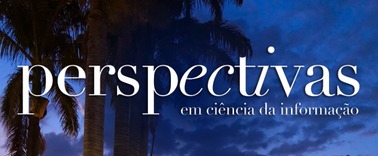Abstract
The Semantic Web and linked open data enable the publication of digital collection of archives, libraries and museum in the Web eliminating the intermediation of catalog management systems and poses the question of their integration, namely interoperability. In such context the requirements for preserving the original record's semantics, which are guaranteed by catalog systems, are reinforced. At the same time these technologies enable new cultural relevant relations to be settled between digital objects of different cultural heritage collections. What technological and methodological developments are needed to exploit the facilities brought these technologies? This paper put back the issues related to interoperability between such digital collections in light of the facilities offered by these technologies. It uses as methodology a state of the art review of theoretical and technical issues, projects, cases, etc., related to interoperability and analyses interoperability solutions based on two parameters, homogeneity/heterogeneity and the preservation of original semantic of the collections to be made interoperable. As results the role of semantic models and research on possible semantic relationships between such collections are highlighted as means to achieve interoperability, as well as, in such a context, of digital curation.
Keywords:
Digital collections; Archives; Libraries; Museums; Interoperability; Integration; Linked open data; Digital curation
